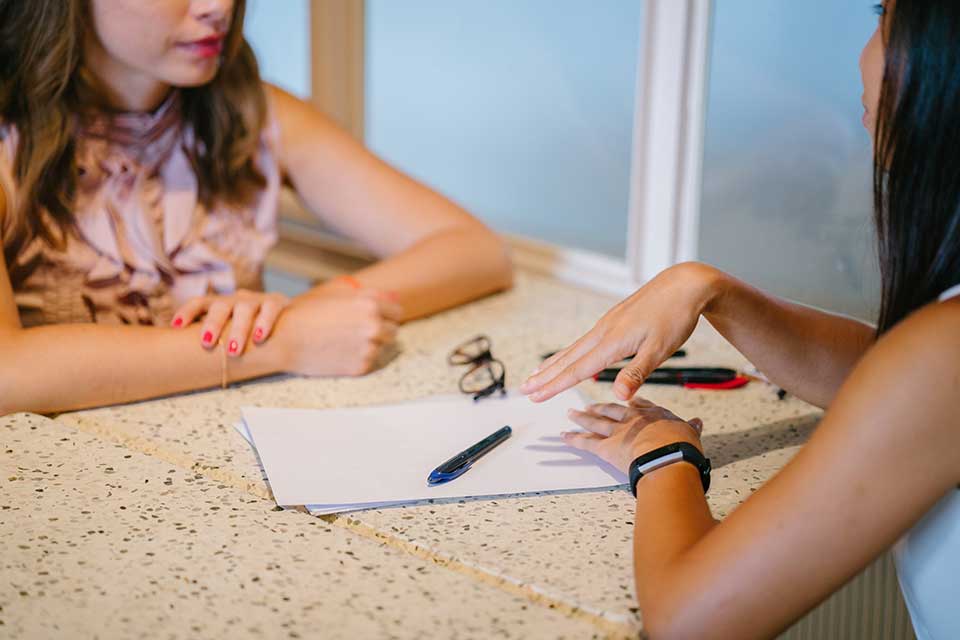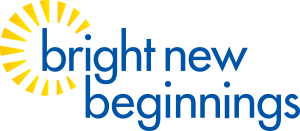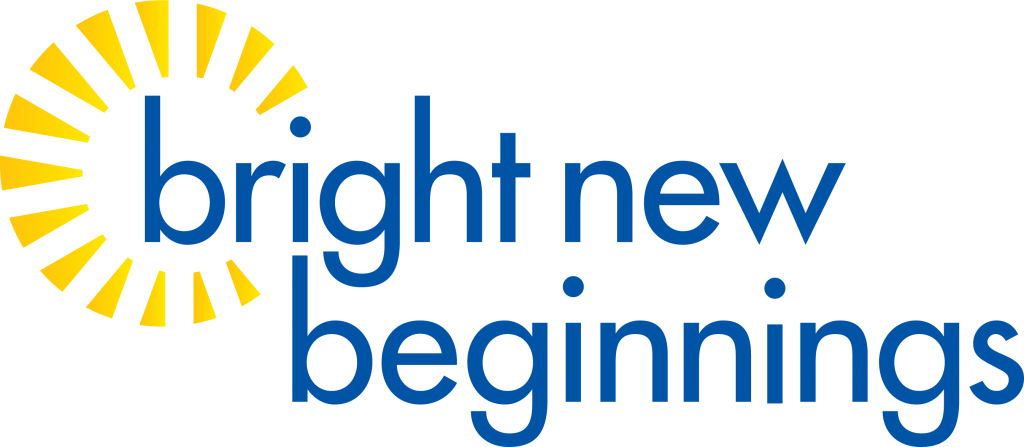The toughest battle you may ever face is one you almost never see coming. People with addiction wake up every day, battling against an enemy they cannot see and one that strikes them throughout their day. You already know even in your committed moments when you want to seek treatment or rehab, but you don’t know where to go or how to start.
If you are looking for a way out of the cycle of substance abuse, this straightforward guide is for you. Drug addiction removes family, friends, and foes from your life. Don’t you want to take your first healthy steps forward and
join over 20 million other Americans? (This is the number of people who sought rehabilitation for substance use disorder treatment last year.)
Though Bright New Beginnings is not an inpatient rehabilitation center, we are experts in the field to help assess what steps in treatment are right for you. As you take your first steps towards new beginnings, it is vital to remember addiction was never a choice you made. Nor is addiction a disease anyone should ever be ashamed of experiencing. Almost all those who have addictions may also suffer from co-occurring disorders, so your first step towards new beginnings is a strong and bright one, and this guide should help direct your path.
People with Addictions
In 2019 it was estimated that
over 30 million Americans used illicit substances illegally, yet only 10% of them sought treatment. Society tries to assign blame when they read addiction statistics, blaming the medical professionals who overprescribe opioids, the drug dealers on the street corners, or the liquor stores that sell alcohol. In truth, all of the above contribute to the problem.
Substance abuse is considered a complex mental health disease or disorder because of the wide variety of symptoms. When testing people with addictions, most research studies will ask: does the addiction cause mental health disease, or does the mental health disease cause the addiction? Researchers are split over this issue, but in the end it’s essential to understand that people with addictions have some correlation with mental health issues or concerns.
Addiction
is a mental health condition, and if researchers can discover the correlations between addiction and other mental health disorders, it may lead to a future where substance abuse is a thing of the past. In today’s world, addiction causes untold domino effect damage that ranges from family to friends to associates.
How Do Drug Rehab Programs Work Best for the Addicted?
Drug rehab treatment facilities are dedicated to helping patients make the positive changes in their lives they need to help rectify their substance abuse. Researchers will tell you that substance abuse changes the hard wiring or the physiological make-up of the brain. It does this by interfering with the brain’s neurotransmitters’ abilities to send, receive, and process reward signals.
Drug rehab treatment facilities help facilitate positive changes to patient’s lives. Cognitive-behavioral therapy (CBT), is often used to set goal-oriented benchmarks. The drug rehab program therapists and counselors work with you to replace your unhealthy
thoughts with positive actions. Motivational enhancement therapy (MET) is sometimes used when internal motivation is needed to help guide and change damaging or harmful behavior.
Almost every drug rehab treatment facility offers supportive therapy so you can learn new and healthy coping mechanisms, impulse control, emotional regulation skills, and Say no to Drug strategies that help avoid relapsing. What’s more, it does this in a safe environment, so the substance abuse patient can feel comfortable in the treatment setting.
How Can a Person Rehabilitate Themselves From Drugs?
If you’ve heard of the phrase ‘it takes a village,’ you may already know that sometimes it takes everyone from the most distant relative to the closest friend to help a person rehabilitate themselves from drugs. But in the end, the only one who can do the job right and get it done completely is the one suffering from the addiction. Many emotional scars aren’t visible to others when the addict is going through rehabilitation.
That’s why it is so vital that the person in treatment understands her plan’s success depends on her. The treatment plan addresses the addict’s body, mind, and soul, which is why there is CBT, behavioral therapy, and more offered through treatment centers. It helps to know that if the family and loved ones also work with the drug rehab treatment center, it contributes significantly to the addict’s overall belief in
their ability to recover.
Once a person learns healthy coping mechanisms, the brain can find a way to change how it processes and responds to addiction triggers. This is something that needs to happen as early in the treatment recovery as possible.
Is Taking Drugs a Mental Illness?
Taking drugs isn’t a mental illness, but the psychological need to continue to take them can surely become one. Over 18 million Americans have mental health disorders, and of
those 12 million, 4 million have a co-occurring disorder of alcohol or drug addiction. The problem with both the substance abuse and the co-occurring mental health disorder is society attaches a stigma to both, making it difficult for those affected to feel comfortable coming forward to seek treatment for either.
Scientists and doctors are still researching to understand when taking drugs becomes a mental illness, and what chemical imbalances or triggers can be studied to help understand each better. What is known is that a person’s behaviors and body functions change drastically as the addiction becomes more pronounced in his life. That’s a result of the changes created by the substance abuse taking place in the brain’s wiring, which includes things like judgment, decision-making, learning, memory, and impulse-control.
What Are the Early Signs of a Drug Addiction?
In the beginning, it all seems like maybe you’d imagine. The person you care for wasn’t that bad, and seems fine now (you tell yourself). Or maybe you’re talking to yourself about your behavior?
No matter who it is, the signs are commonly things like mood swings or changes in appearance (like they lost a lot of weight). Perhaps you notice a difference in personal hygiene or lack of motivation and depression setting in. These are all early signs of drug addiction, and it is better to address the issue now and be wrong when you ask, then wait and find out you were right all along but never felt comfortable enough to ask.
How Common is Prescription Pain Medication Addiction?
It doesn’t matter who you are, if you take prescription pain medications you can become addicted to them. Studies prove that over 11 million Americans misused opioids in 2016. There were
191 million prescriptions written for pain pills in 2017.
Pain medication works on the brain’s reward circuit and numbs negative feelings along with pain. That’s why people feel compelled to repeat the experience, so they can get rid of the negative feelings and pain once again, until eventually they need the drug for far more than any injury or illness.
How to Know if Addiction Runs in My Family?
Everyone knows if someone in their family was whispered about on front porches or back lawns because he always showed up drunk or under the influence. Almost all families have someone who suffers from addiction.
Researchers do know you can inherit through genetics a likelihood of developing substance abuse disorder. However, that doesn’t mean you are destined to become a substance abuser or need drug treatment.
Most drug treatment centers and facilities state that there is a risk for children of alcoholics or drug abusers, but the risk is not a guarantee that the children will use drugs or become addicted. Many children of alcoholics and those addicted to drugs stay away from alcohol and drugs altogether.
A New Road to Follow
You may already know drug addiction is devastating to your family and friends. You may also already understand that people with addictions can learn recovery techniques that help them if they find a drug rehab program that fits them best. By reaching
out to Bright New Beginnings, you begin the first step of creating a custom program that works with you from the minute you walk in the door.
Bright New Beginnings will assess if you need a higher level of treatment before you begin or what your next steps in their program will consist of. What’s more, we’ll gain an understanding of your current mental health, relationships, and the environment you’re living in. It’s all about determining what tools you can use at home in your recovery process and overall well-being.
Bright New Beginnings is a program that aims to help you find the recovery tools you need to optimize your resilience while we provide the compassionate treatment you deserve.


